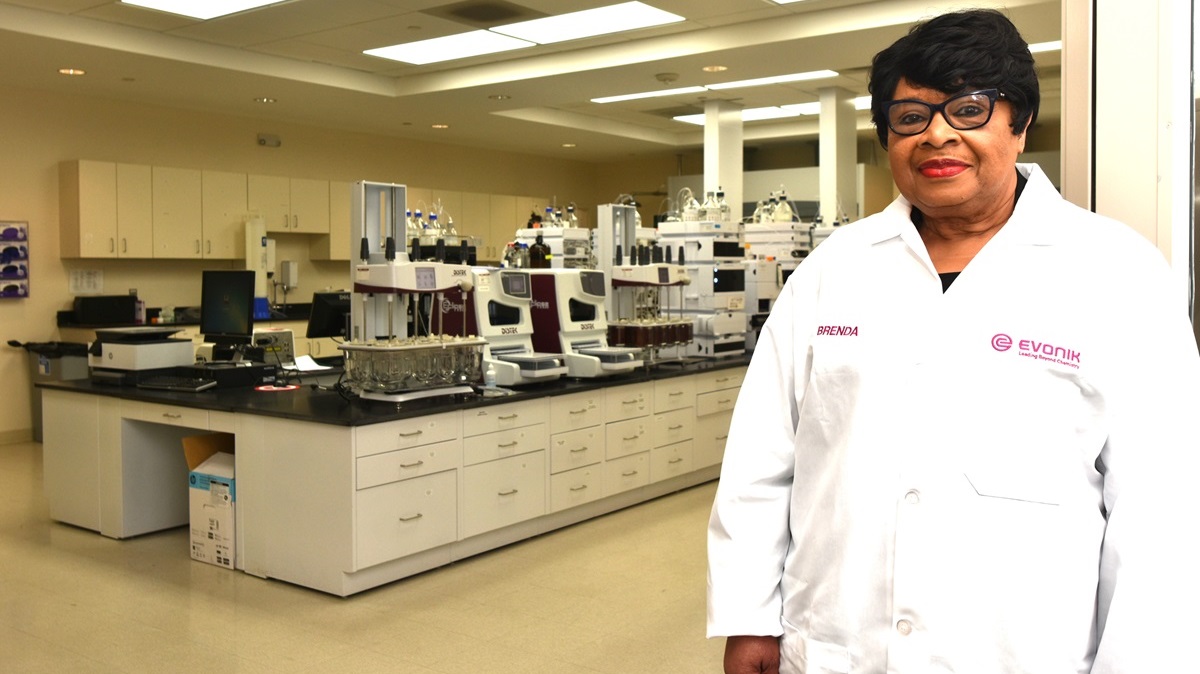Bio Alabama is poised to be a key player in state’s innovation economy

Bio Alabama CEO Rachel Lane, right, moderates a panel at the EDAA 2022 Winter Conference made up of, from left, Vice Perez, senior project manager with the Alabama Department of Commerce; Amy Sturdivant, managing director of 58 Inc.; and Blair King, Economic Development manager at Alabama Power. (Michael Tomberlin / Alabama NewsCenter)
With the state more focused than ever on expanding the innovation economy, the work Bio Alabama has done in recent years has positioned it to be a primary participant in directing that growth.
The biosciences industry in Alabama has more than 1,000 entities working on everything from biomedical products to agriculture feed and doing everything from manufacturing and distribution to research and development.
Nearly 12,000 Alabamians work in the industry and earn an annual average wage approaching $70,000.
Interest is at an all-time high in the bio industry because of the response to COVID-19, and Alabama in particular has been involved in many of the wins in that response.
Companies like SiO2 Materials Science in Auburn that produced vials for COVID-19 vaccines and Avanti Polar Lipids in Alabaster that provided lipids for the Pfizer vaccine have played key roles in battling the pandemic.
“I think it’s something that Alabamians can be very proud of – the innovation that’s been involved and then also our companies’ ability to scale up like they have,” said Rachel Lane, CEO of Bio Alabama. “We can really be proud of those efforts.”
Bio Alabama looks to be a key player in state’s innovation economy from Alabama NewsCenter on Vimeo.
Bio Alabama took centerstage at the recent Economic Development Association of Alabama 2022 Winter Conference.
Among the panelists was Blair King, Economic Development manager at Alabama Power and the immediate past chairman of Bio Alabama.
He said the work done by Bio Alabama in recent years has poised the company to be a key player in the growth of the innovation economy in the state.
“It’s going to need some direction from industry because we only have so much bandwidth statewide,” King said. “I think that’s where Bio Alabama can really provide a convening mechanism that allows it to really project strategy as to how to pursue those (opportunities).”
Kacee Sims, director of Marketing and Technical Services at Avanti Polar Lipids, took over as chair of Bio Alabama this year.
Lane took the reins at Bio Alabama last year.
“I moved here from Oklahoma about five years ago and didn’t know much about Alabama’s bioscience industry,” she said. “But as I’ve spent more time in the state I just got more and more excited about the resources and assets that we do have that we’re not always singing the praises of. We need someone to lift up that voice because what we’re doing is so important and so exciting.”
With the establishment of the Alabama Innovation Corporation, the time is right for organizations like Bio Alabama.
“We’re excited to see what the Innovation Corporation chooses to do and they already have some initiatives that I think will benefit the biosciences industry,” Lane said.
King said economic development is the same for the biosciences industry but things like access to capital, location, business environment and workforce must be applied differently than with traditional industries.
Growing the industry will be a key focus of the Bio Alabama annual conference slated for April 25-26 at the Grand Bohemian Hotel in Mountain Brook. Titled “Building Alabama’s Biohorizons,” the event will cover a wide range of topics and will feature a keynote address from Melinda Richter, global head of innovation at Johnson & Johnson JLabs.





